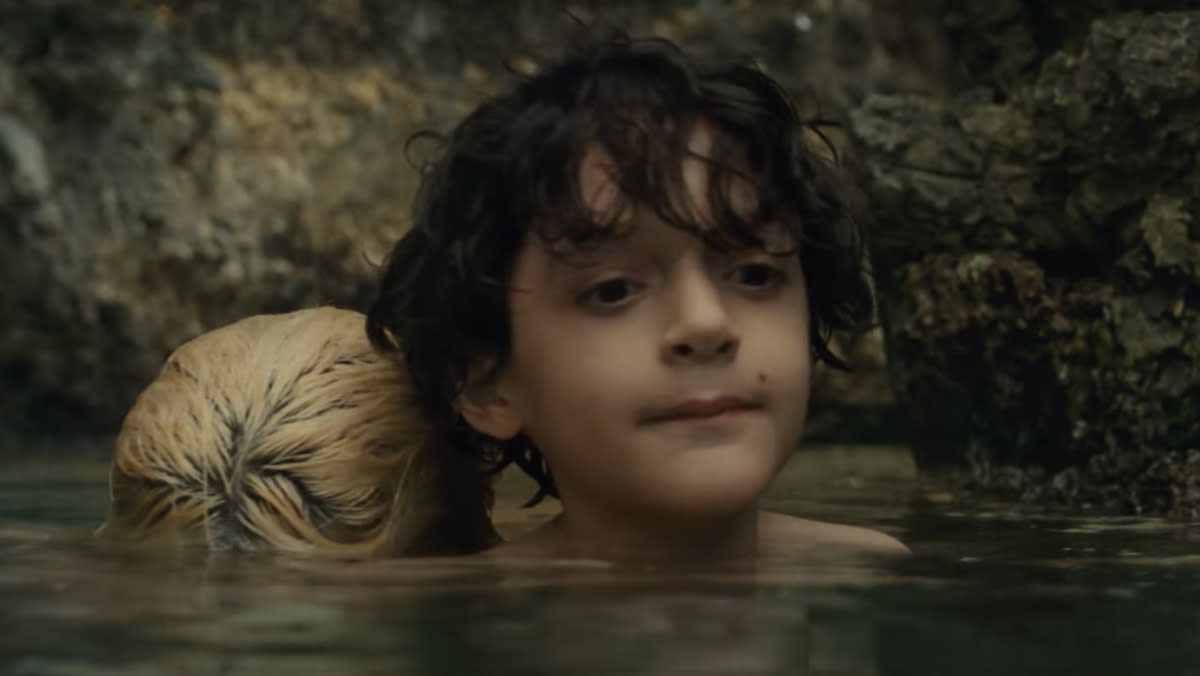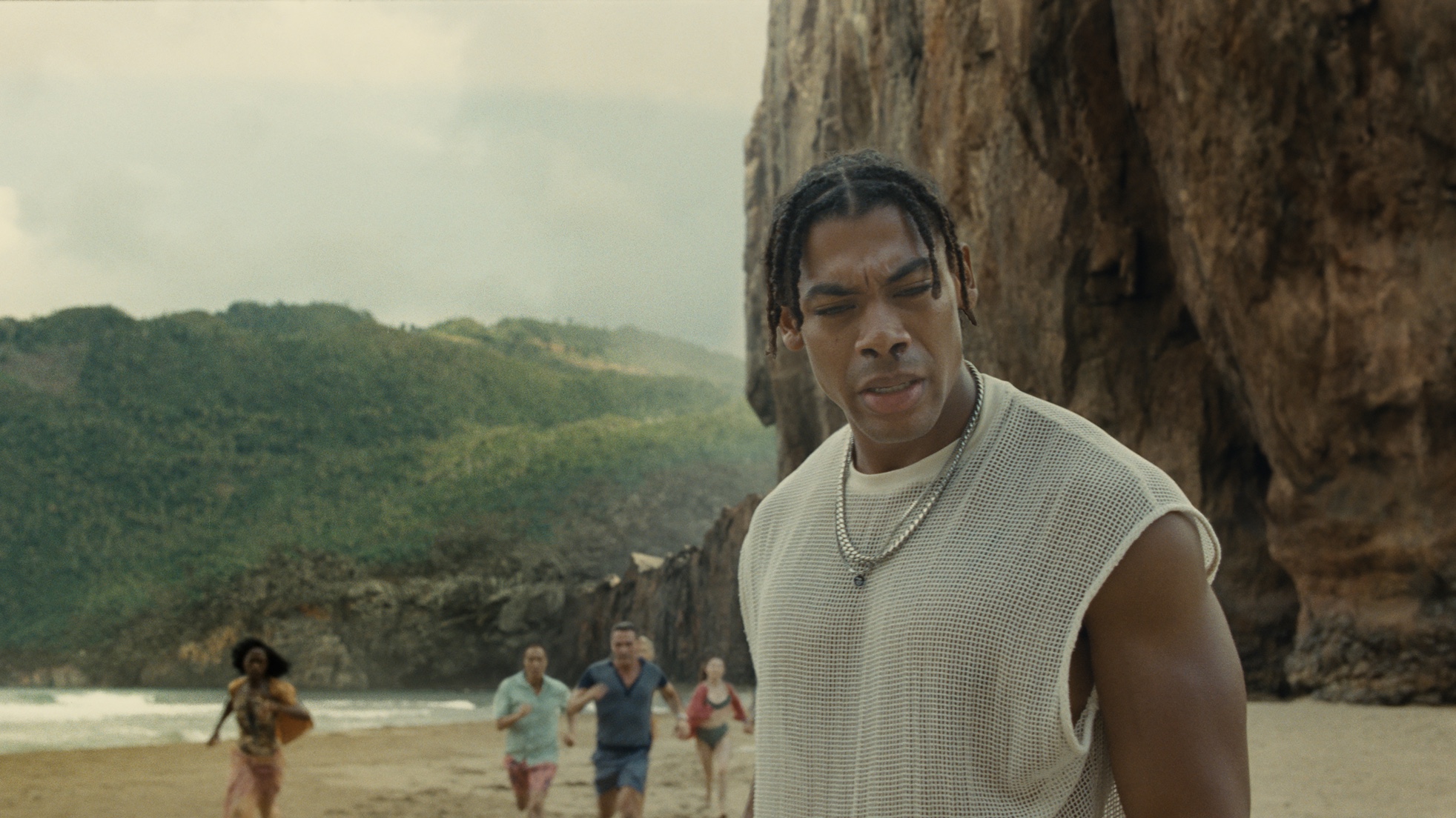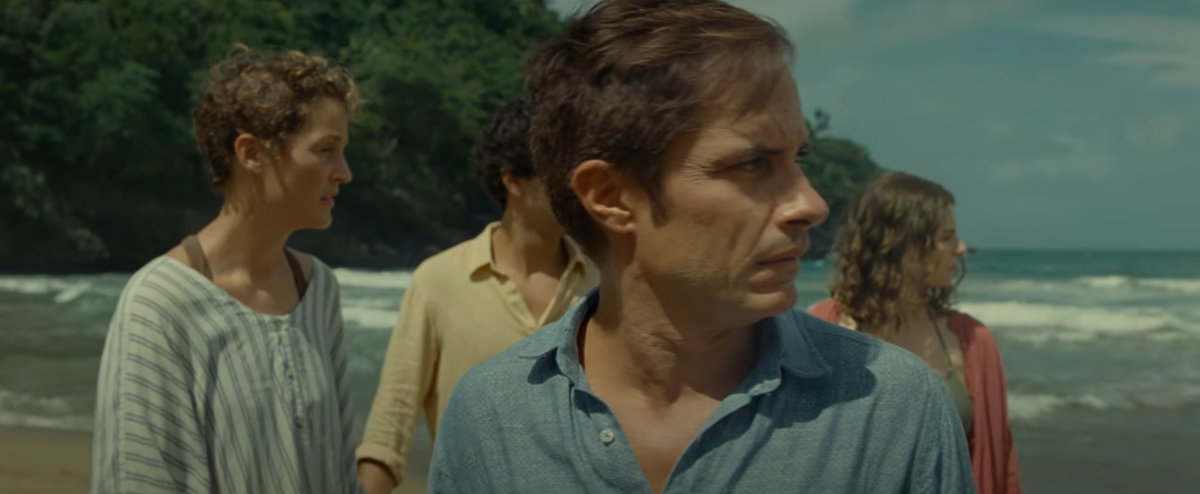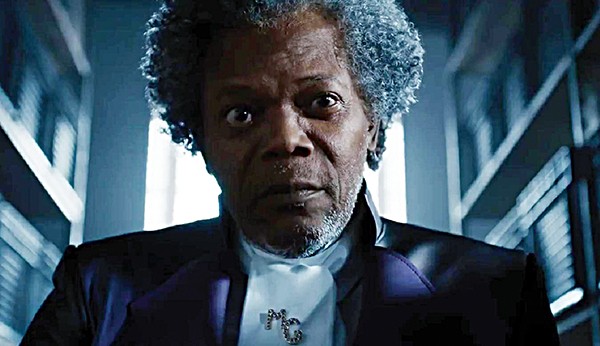“What movie did you see?” asked my friend Sarah.
“Old,” I said. “The new M. Night Shyamalan.”
“Oh. How was it?”
“Meh. I didn’t hate it,” I said.
“Wow. That’s quite an endorsement, coming from you!” she said.
It’s true. I’m on record as not being a Shyamalan fan. More precisely, I hate his movies. It’s not personal. I’m sure he is a lovely person who is kind to animals. And I respect his skills. It’s obvious from even the most cursory examination of films like The Village and Signs that this is a guy who has memorized every frame Alfred Hitchcock ever shot. It’s just that he’s terribly one note, and not nearly the writer a generation of producers seem to think he is. After hitting with The Sixth Sense, he’s leaned on his signature gimmick of the late-film plot twist. Take The Happening, for example, where he sets up a high concept premise, treads water for an hour, then belly flops when he tries to resolve it cleverly.
(While I’m busy pissing cinephiles off, I recently watched the Turner Classic Movies tribute to another Hitch worshipper, Brian de Palma, and decided he’s also a hack.)
Anyway, Old is Shyamalan’s return to the theaters after two box office successes, Split and Glass. You’ve got to admire the commitment to short titles. Old starts with a young family heading to a beach vacation at the all-inclusive Anamika Resort on an island off the coast of Mexico. The marriage of the not very creatively named Guy (Gael García Bernal) and Prisca (Vicky Krieps) is on the rocks. They’re trying to keep it from their son Trent (played at this point by Nolan River) and daughter Maddox (Alexa Swinton, initially), but they’re not doing a very good job. When Trent plays with his action figures, they argue like mom and dad.
The hotel, though, is super nice, and the staff so attentive that they seem to know everything about their guests. Kinda spooky, right? It gets spookier: The resort manager (Gustaf Hammarsten) has the same energy as that guy in the Chevy commercials who plays sinister pranks on unsuspecting consumers. (“We’ve kidnapped your family to highlight all the features you’re going to love on our all-new Chevy Abductor crossover SUV.”) The manager offers to transport the family to a secret, secluded beach where nothing bad can happen.
Spoiler alert: Bad things happen.

Once at the beach, Guy (is that a placeholder name that stuck?) and Prisca (was she once called “Girl?”) discover they’re not the only ones invited to this “exclusive” deserted beach. There’s also Charles (Rufus Sewell), a doctor; his wife Chrystal (Abbey Lee); daughter Kara (played at age 11 by Mikaya Fisher); and mother Agnes (Kathleen Chalfant). Lurking on a beach is a guy who Maddox recognizes as a rapper named— I kid you not — Mid-Sized Sedan (Aaron Pierre). They soon find that they’re trapped on the beach, and aging at an unnaturally fast rate.

In the big picture of horror movie settings to get trapped in with a group of disposable characters, of which you might be one, I’d say a secluded beach is probably the best you could hope for. Usually, it’s a haunted mansion or a deserted farmhouse surrounded by zombies or an eastern European hostel with a secret basement torture chamber. I have to admit, as Shyamalan went through his usual paces of stilted dialogue and obvious, studio-note exposition, I occasionally zoned out and just watched cinematographer Mike Gioulakis’ vibrant images of the surf rolling in.
Maybe that’s why I didn’t gag my way through Old. Or maybe it’s because the premise is taken from one of my favorite Ray Bradbury short stories, “Frost and Fire,” in which survivors of a spaceship crash discover that the alien planet’s radiation ages them a lifetime in only eight days, and it takes generations to effect an escape. Or maybe I’m just starved for entertainment.
Old never rises to Bradbury’s plane of contemplation, but at least it tries to explore the psychic side of aging as the ultimate body horror. Unlike, say, being dismembered at summer camp or transforming into a giant man-fly, it’s a horror scenario we will all face — if we’re lucky.

